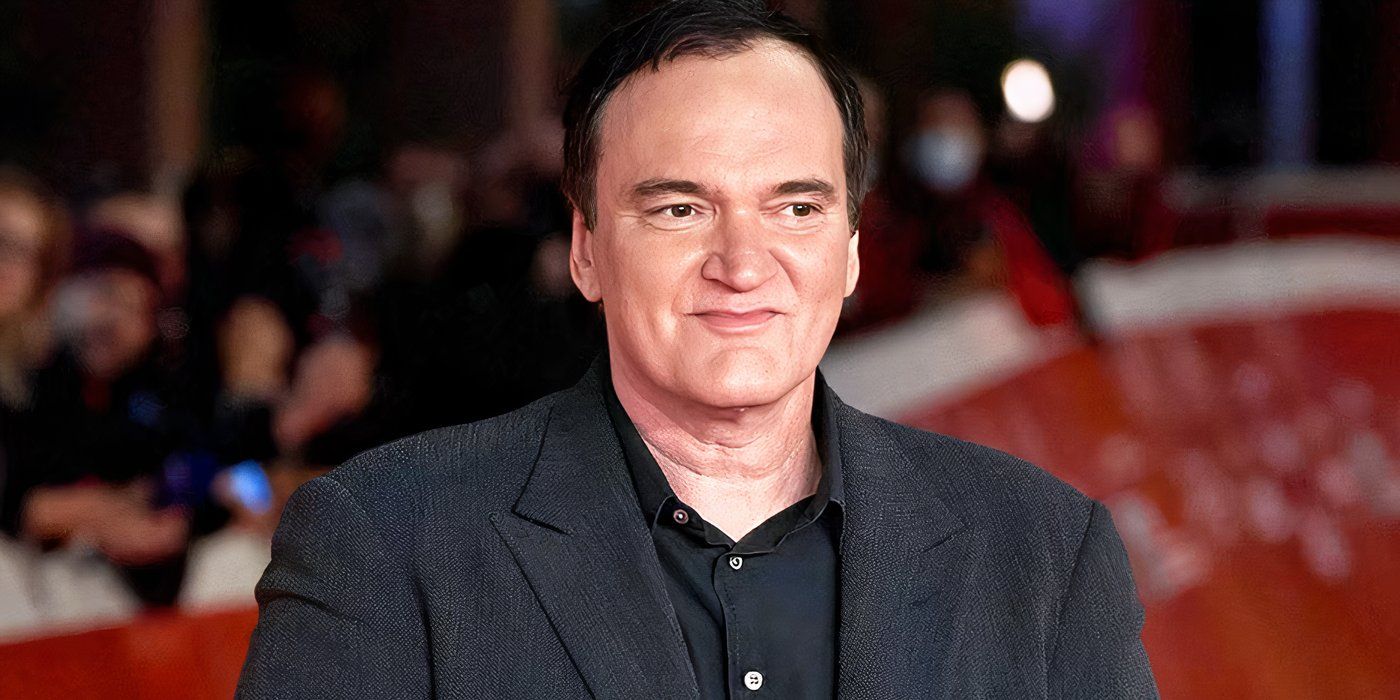“Mind-blowing” period thriller breaks streaming record – see it now

Dennis Gansel, who wrote and directed the film with Colin Teevan, explores the psychological toll the mission takes on the soldiers, ultimately turning it into a descent into a grim and unsettling experience.








